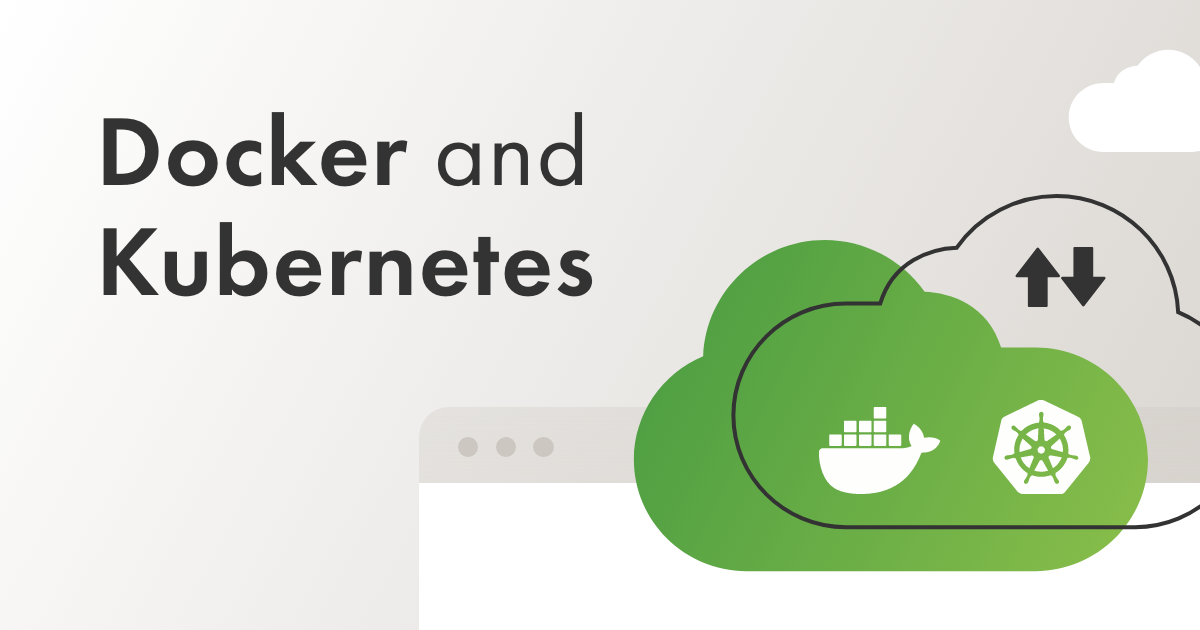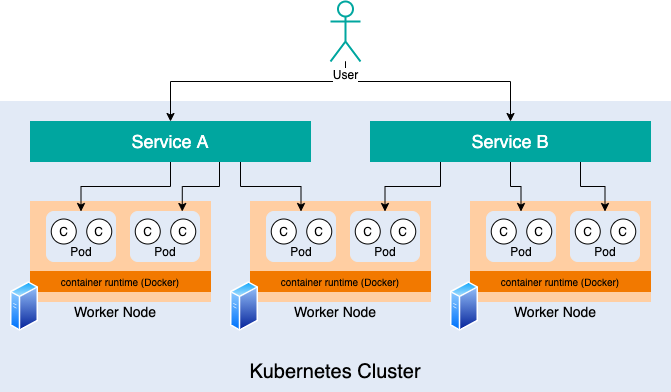

The machine should also have the Docker runtime and daemon installed. One is the actual container, while the other is the container image - a template upon which a container is realized at runtime.īecause a container cannot exist outside of the operating system, a real or virtual machine with an OS should be present for Docker to function in a continuous automated integration and continuous deployment ( CI/CD) process. ĭocker uses two main artifacts that are essential to container technology. Gradle and Packer are some of the best docker containers. The purpose of the client command-line interface tool is to execute directives to the Docker runtime at the command line, while the Docker runtime creates containers and runs them on the OS. The technology behind Docker comprises two major components: the client command-line interface ( CLI) tool and the container runtime. It uses most of the Linux kernel’s features, such as AppArmor profiles, namespaces, groups, etc., to isolate processes into configurable virtual environments.ĭocker has managed to win the hearts of notable companies like HP, Microsoft, Red Hat, SaltStack, VMware, IBM, etc. Docker is an open-source framework that automates the deployment of applications in containers that are lightweight and portable.Īlthough there were so many Docker competitors, Docker made the concept of containers widely popular and accepted, which gave rise to the creation of platforms like Kubernetes. When we talk of its popularity in the field of cloud and application packaging, it has definitely won the hearts of many.
#DOCKER ON KUBERNETES SOFTWARE#
But for all this to go according to the plan, you should have a container runtime, the software that enables you to run containers.ĭocker is a containerization framework. This is so because containers are portable, so you are able to build in one server guaranteed that it can work in any other server.Ĭonveniently, you are also able to run several copies of the same program simultaneously without having any overlap or conflict. Running applications that have been containerized is so much better and more convenient than installing and configuring software.

Although other people have used Docker as another word for containers, the truth is that containers have been there way before Docker came into the limelight.įor instance, when chroot was introduced in the 70s, Linux and Unix already had containers, but over time, Linux containers were replaced by containerd, put into effect by Docker. It is what you will want to run and host in Docker as it contains everything - runtimes, environment variables, files, standard input and output, operating system, and packages. A container cannot view other containers or get incoming connections because each application gets its own private network and a virtual filesystem is not shared with other containers or the host unless you set that it can. What are Containers?Ī container is a logical subdivision where you can run applications isolated from the rest of the system. Kubernetes and Docker, can they work together well?īut first, let’s dig a little deeper into the primary technology that brings these two technologies together – containers.The difference between Kubernetes and Docker.What Kubernetes is and why you should use it.What Docker is, and why should you use it.In this article, we will explore the following: In other words, Kubernetes and Docker more or less need each other.Īccording to Pavan Belagatti, “When talking about cloud-native, it is hard to ignore names like Docker and Kubernetes, which have revolutionized the way we create, develop, deploy and ship software at scale.” Instead, it relies upon a container orchestration technology such as Docker to create them. However, it’s important to note that Kubernetes does not make containers. Today, containers are the standard de facto, amounting to 84% use in production in 2020, up from 23% recorded in 2016. Docker, on the other hand, is the technology responsible for making and running containers. Kubernetes is a container orchestration technology that represents and manages containers within a web application technology for defining and running containers. Do you ever wonder what the difference between Docker and Kubernetes is, or which one is the best technology? The Docker vs Kubernetes debate is quite popular amongst the people who work with software containers.īut in order to get the best out of cloud-native development, software developers and data scientists need to get a clearer picture of what Kubernetes and Docker are, their differences, and if these two technologies can actually complement each other.


 0 kommentar(er)
0 kommentar(er)
